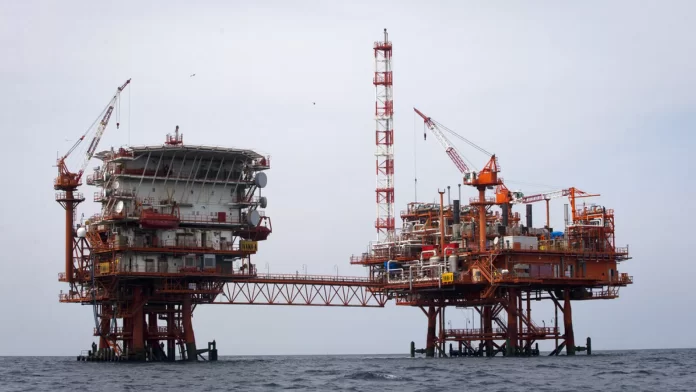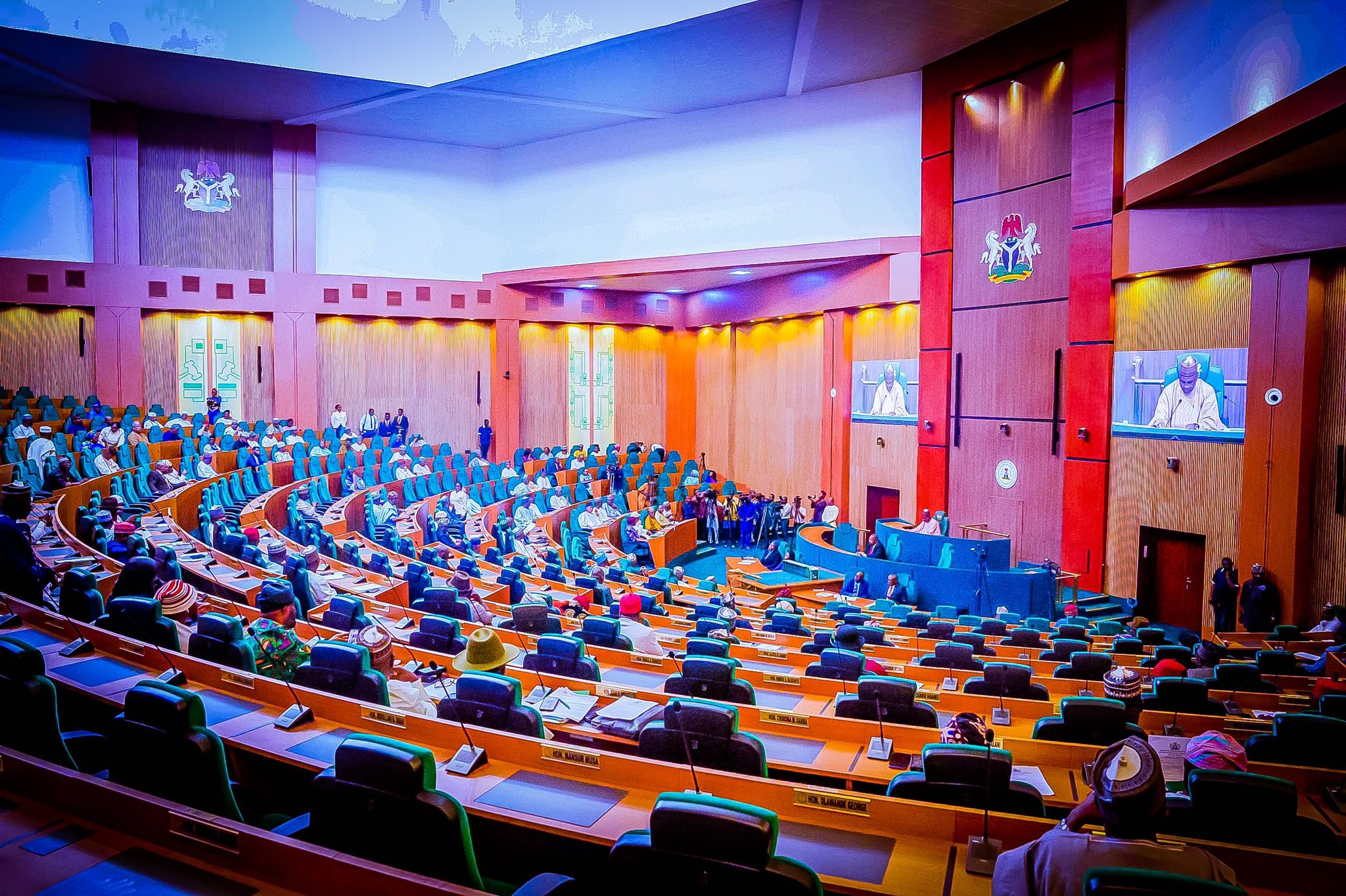Nigeria’s Brent crude oil prices hit a five-month high on Tuesday morning, at $88.3 per barrel at the international oil market – a weekly rise of 3.3% and a monthly gain of 7.7%, amid rising geopolitical tensions in the Middle East.
An Israeli airstrike on an Iranian embassy in Syria on 1 April has led to increased geopolitical worries which tend to affect oil prices sharply.
Also speculation of falling Mexican oil supply in the near future is helping push up prices as well.
The last time Brent crude sold higher than &88 was on October 27, 2023.
The current price is well above the $77.96 per barrel benchmark of the Nigerian federal government in the 2024 budget, yielding a significant surplus to the government of President Bola Tinubu.
Furthermore, the Nigerian National Petroleum Company (NNPC) benchmarked its 90,000 barrels of crude oil sale in the $3.3 billion crude-for-cash loan agreement with the African Export-Import Bank (Afreximbank) at $65, yielding a surplus.
NNPC had stated on January 21, that if “oil prices rise, more money will come in from selling the 90,000 barrels, allowing for faster repayment. However, if oil prices fall, the repayment may be slower”.
“The quantity of crude earmarked (90,000 barrels) is sized to ensure enough cash is available for the repayment of the facility when it is due,” NNPC said.
“This also ensures that NNPC Limited can meet other cash flow obligations, considering the expected future price of crude oil globally.”
If the current oil price hike is sustained – and energy analysts think it will, then Tinubu’s government would have made a good bet in taking the Afrexibank loan and repaying timeously.
It will also support the Central Bank of Nigeria with the forex liquidity to continue to defend the Naira against further devaluation, thus keeping a lid on inflation.
Nigeria currently producing 1.476 million bpd with a calmer Niger Delta environment.
Please Like 👍, Comment, Share & Follow us on our social media handles.








